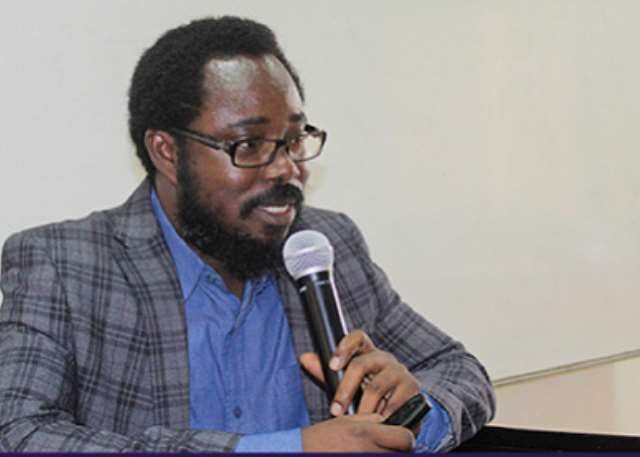Professor Kobby Mensah’s analysis of ministerial appointments under Presidents Akufo-Addo and Mahama reveals a stark contrast in their approaches, highlighting the delicate balance between technical expertise and political loyalty in governance. Akufo-Addo’s administration, according to Mensah, leaned heavily towards appointing individuals with impressive technical qualifications but often limited political connections to the ruling New Patriotic Party (NPP). This strategy, while potentially aiming to prioritize merit and specialized knowledge, created a disconnect between the government and its political base. The lack of deep-rooted party affiliation among some key ministers, like the former Finance Minister Ken Ofori-Atta, meant they often lacked the political savvy and grassroots understanding to navigate complex political landscapes. This was especially evident during periods of internal party dissent or parliamentary challenges, where these ministers struggled to leverage political capital to effectively manage the situation.
Mensah contrasts this with President Mahama’s approach, which prioritizes party loyalty and deep-rooted connections within the National Democratic Congress (NDC). Mahama’s appointments, exemplified by figures like Ato Forson as Finance Minister, John Jinapor as Energy Minister, and Dominic Ayine as Attorney General and Minister of Justice, demonstrate a clear emphasis on selecting individuals with a long history of party involvement and a strong understanding of the NDC’s internal dynamics. This strategy, Mensah argues, ensures a stronger connection between the government and its political base, creating a built-in support system and facilitating smoother communication and coordination between the executive branch and the party machinery.
The implications of these contrasting approaches are significant. Akufo-Addo’s focus on technocracy, while potentially bringing in specialized expertise, risked alienating the party’s grassroots and creating a sense of disconnect between the government and its core supporters. This could lead to internal friction, decreased party morale, and difficulties in mobilizing political support for government initiatives. Furthermore, the lack of political experience among some appointees could hinder their effectiveness in navigating the complexities of Ghanaian politics, making them vulnerable to political maneuvering and undermining their ability to implement their policy agendas.
Mahama’s strategy, on the other hand, prioritizes political loyalty and internal cohesion. By appointing individuals with strong party ties, Mahama ensures that his ministers understand the party’s values, priorities, and internal dynamics. This can foster a sense of shared purpose and facilitate smoother communication and coordination between the government and the party. However, this approach also carries potential risks. Prioritizing party loyalty over technical expertise could lead to the appointment of less qualified individuals, potentially compromising the effectiveness of government policies and programs. Furthermore, it could create an environment where party loyalty trumps merit, discouraging dissenting voices and stifling innovation.
The contrasting approaches of Akufo-Addo and Mahama highlight the perennial challenge faced by political leaders: balancing the need for technical expertise with the demands of political loyalty. While technical expertise is crucial for effective policymaking and implementation, political loyalty ensures a cohesive and supportive government structure. Finding the right balance is essential for effective governance, and the choice between these two approaches can significantly impact a government’s success. Ultimately, the optimal approach likely lies in a hybrid model that combines technical competence with a degree of political acumen and party affiliation. This would ensure that ministers possess both the skills and the political understanding necessary to effectively manage their portfolios and navigate the complex political landscape.
The analysis offered by Professor Mensah underscores the importance of considering the political context when making ministerial appointments. While technical expertise is undoubtedly important, it is not sufficient on its own. Political considerations, such as party loyalty, internal dynamics, and grassroots connections, play a crucial role in shaping the effectiveness of government. By understanding the nuances of these competing demands, political leaders can make more informed decisions about their appointments and build a more cohesive and effective government. The success of future administrations may depend on their ability to strike the right balance between technocratic competence and political savvy, creating a team that can effectively manage the challenges of governance while maintaining the support of their political base.














